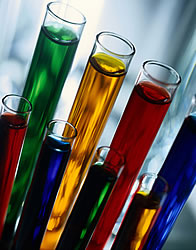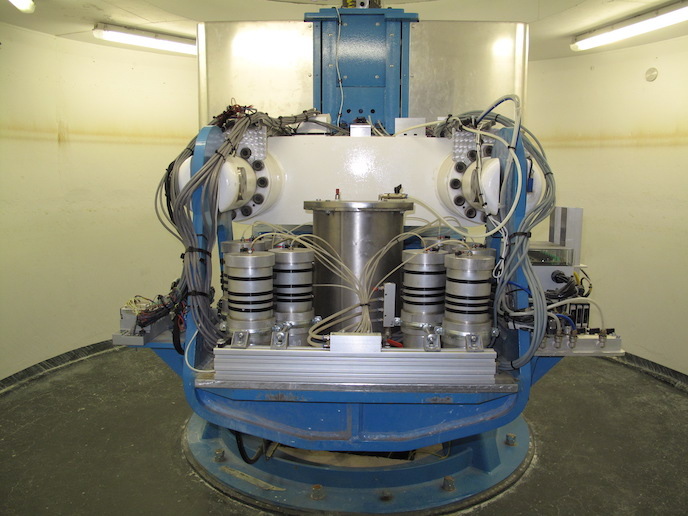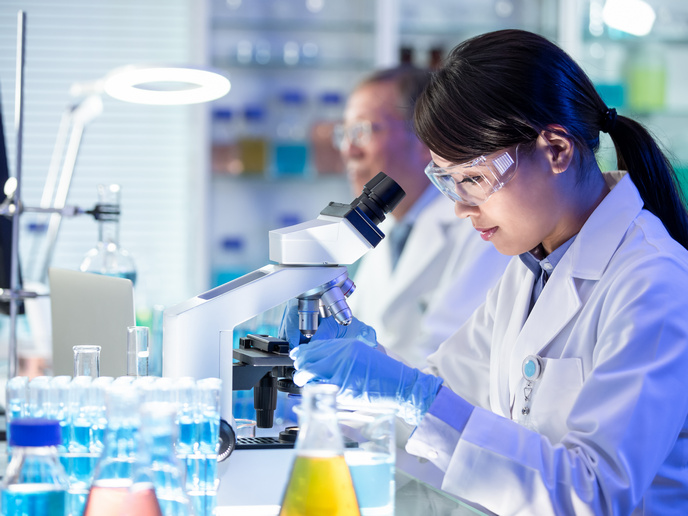Innovative bioprocesses for treating dye-house effluents
In comparison to other areas such as chemical, paper, brewery or automobile industries, textile finishing may be considered as one of the key effluent discharger in terms of quantity. Particularly, pre-treatment and dyeing processes release huge amounts of wastewater that the textile industries need to afford to clean. Until now most contemporary methods focus on treating mixed effluents in sewages with the aid of the "end of pipe technique", a potentially costly and ineffective method. Since dye-house effluents are not only the key causes for environmental pollution, but also extremely cost-intensive for treating wastewater, this project focused on these. More specifically, using a rapid qualitative screening method for the analysis of textile dye de-colorisation, various textile dyes and enzymes have been screened. Several microorganisms and enzymes, such as six laccases and two peroxidases have been isolated and specified for de-colorisation of textile dyes in dye-house effluents. Membrane filtration may be used prior to the biotechnical treatment and the recycling of textile processing effluent in order to increase the effectiveness of enzymes during biodegradation. Additionally, it may also be used afterwards for separating enzymes/microorganisms from the liquor and other effluent components from the reusable process water. The novel bio-technical processes for treatment of dye-house effluents may result in great reductions of water consumption and effluent load as well as recycling of process water. Thereby, the implementation of these cost-efficient and environmentally friendly processes are expected to improve the position of the European textile industry in the international competitive arena.







